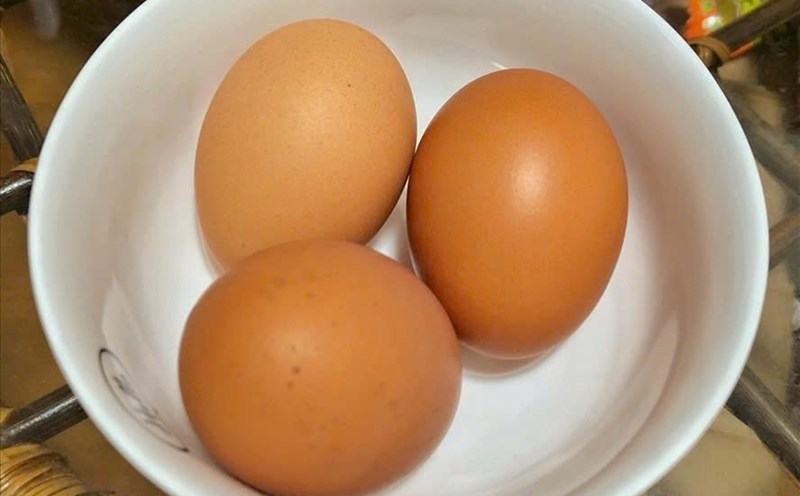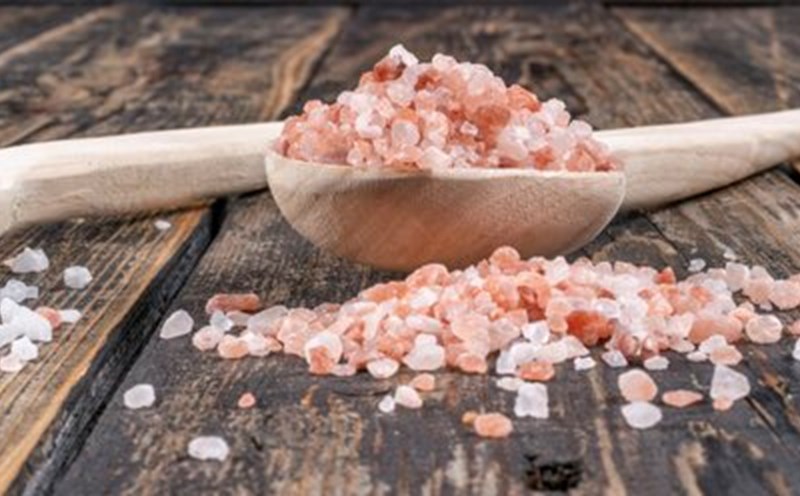Adequate protein intake
When entering the body, the protein will be broken down into small nuclear amino acids and then absorbed and used. Nine essential amino acids are an indispensable ingredient for muscle synthesis, especially leucine, which can promote muscle protein synthesis and support muscle recovery and development.
You should supplement foods rich in leucine or amino acids, such as tuna, tuna, beef, chicken, eggs, soybeans, frozen tofu, etc.
Because protein is also a major component of skin, hair and nails, the recommended daily protein intake should reach 1.2 grams per kg of body weight. At the same time, it helps increase muscle mass and increase the basal metabolic rate; improves satiety and helps control food intake.
Eat a variety of fruits and vegetables
A balanced diet that includes protein combined with a variety of vegetables for each meal can not only effectively control your daily calorie intake but also ensure you are full and avoid consuming high-calorie foods.
The fiber in vegetables can promote digestion, improve intestinal health and help the intestinal motility function smoothly. Eating a lot of colorful fruits and vegetables can provide many vitamins, minerals and phytonutrients. At the same time, it can promote metabolism, burn fat easily and lose weight. Powerful antioxidants can also help you fight the aging process.
Fiber in the diet can help stabilize blood sugar levels, reduce cholesterol and help the menu lose weight effectively.
Choose whole grains
Whole grains and vegetables such as brown rice, oats, pumpkin and corn contain more fiber, vitamins, and minerals than white rice. Eating a moderate amount of whole grains and vegetables at each meal can also help improve digestive health, improve gut function, keep you fuller for longer, reduce food intake and help control calories.
Drink water or soup before meals
If your digestive function is normal, you can slowly drink a little warm water or a small bowl of low-calorie soup about 20 minutes before meals. Water can increase satiety, making it easier to get full during meals, so avoid overeating and help lose weight. Drinking warm water regularly can also boost metabolism, helping to burn fat.











